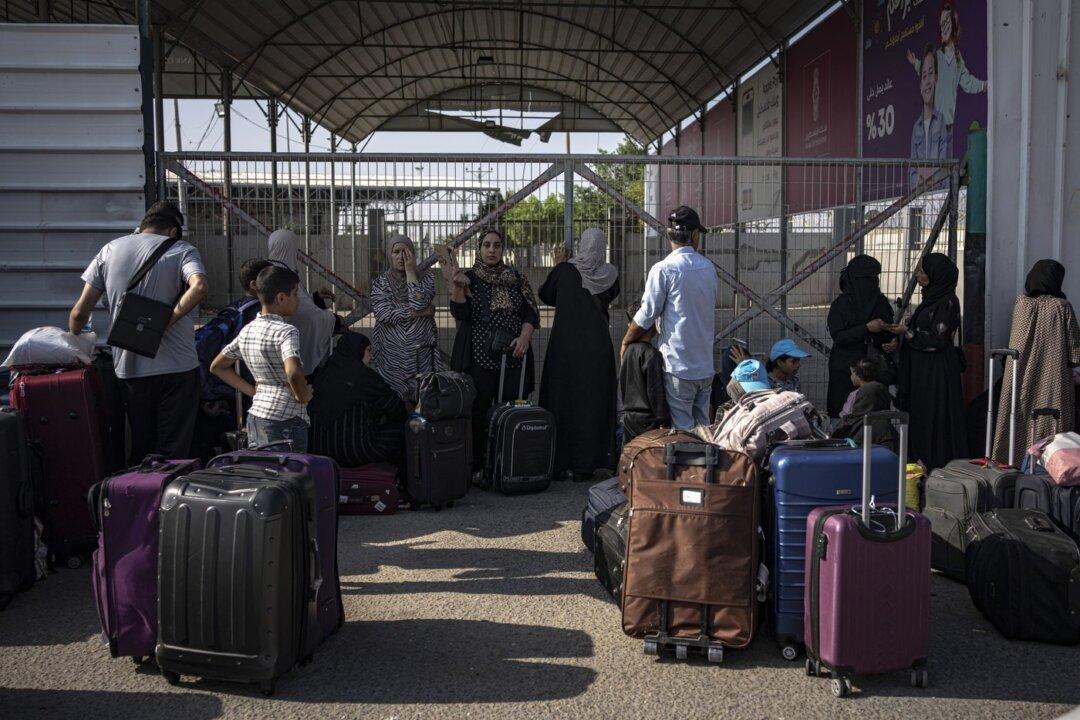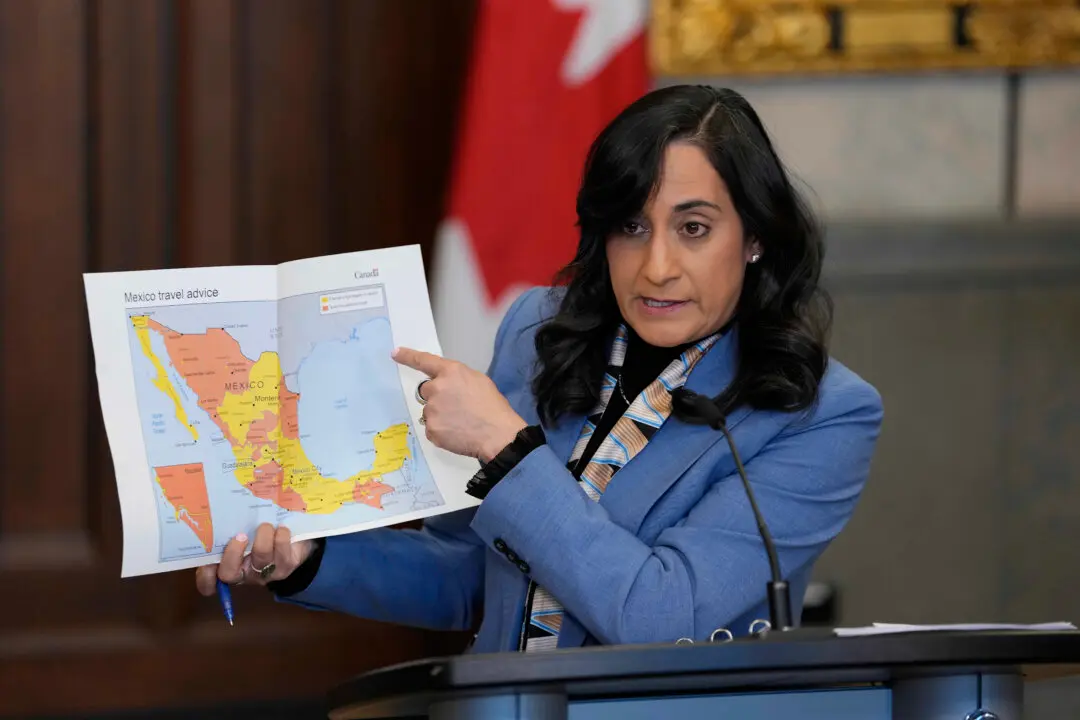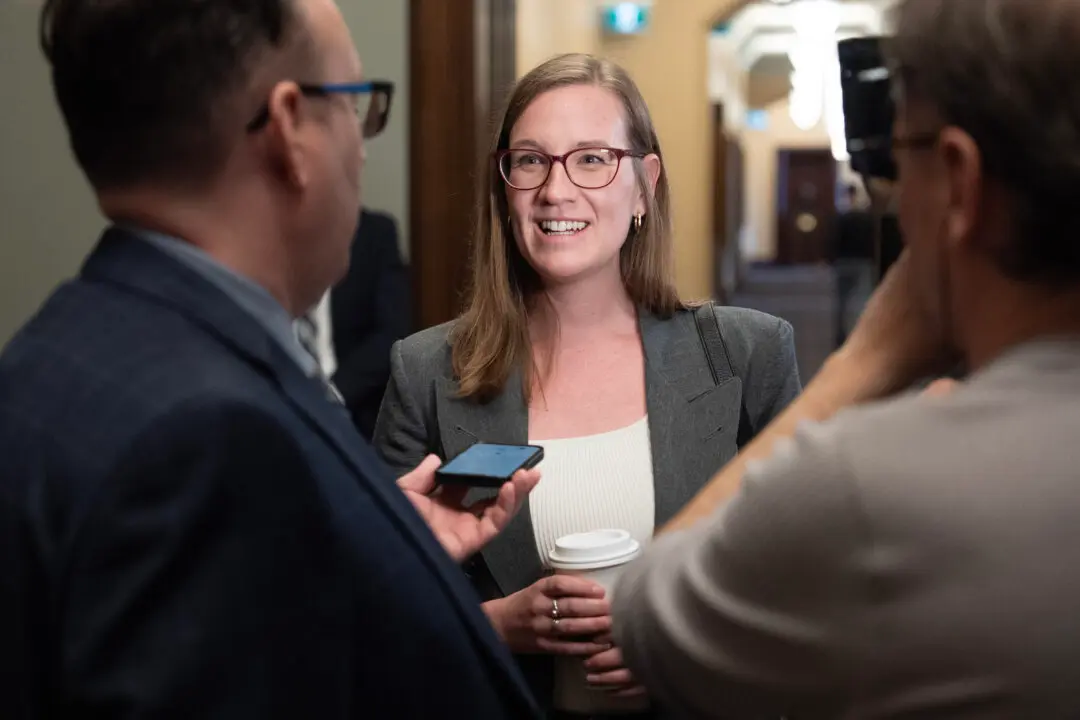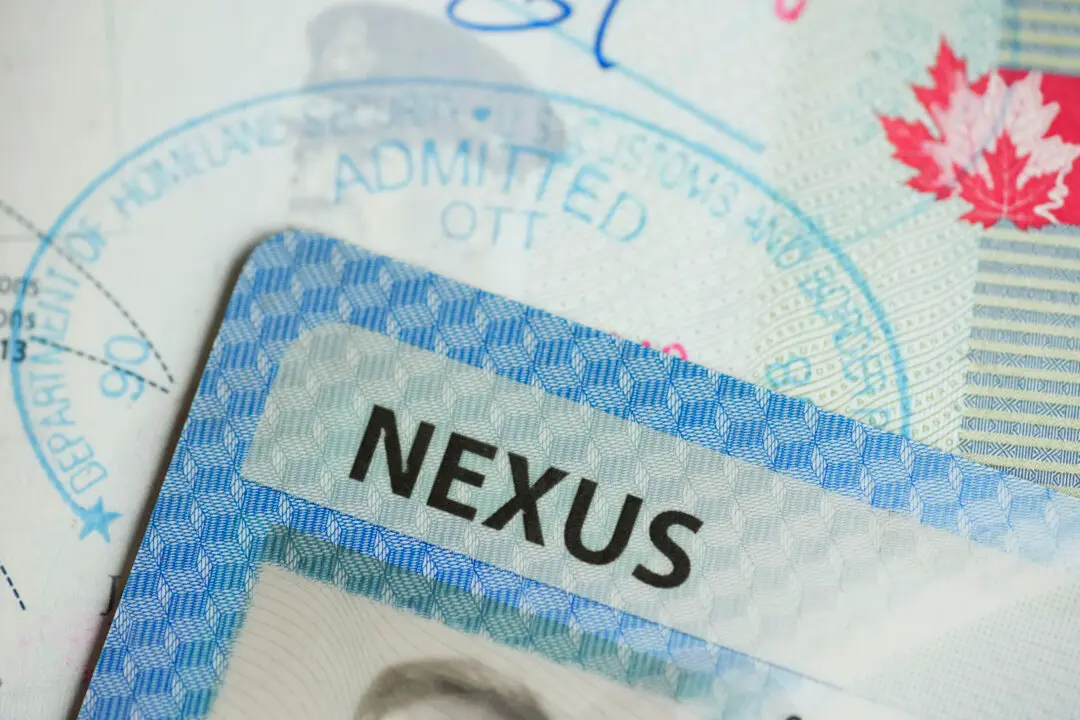Canadians could be allowed to leave the Gaza Strip in “the coming days,” Defence Minister Bill Blair said on Nov. 3, but shared no firm timeline as Canadians faced another day of being left off the list.
Groups of people, including foreign nationals from several other countries, have been allowed to exit the Palestinian territory through the Rafah border crossing with Egypt in the last two days.





